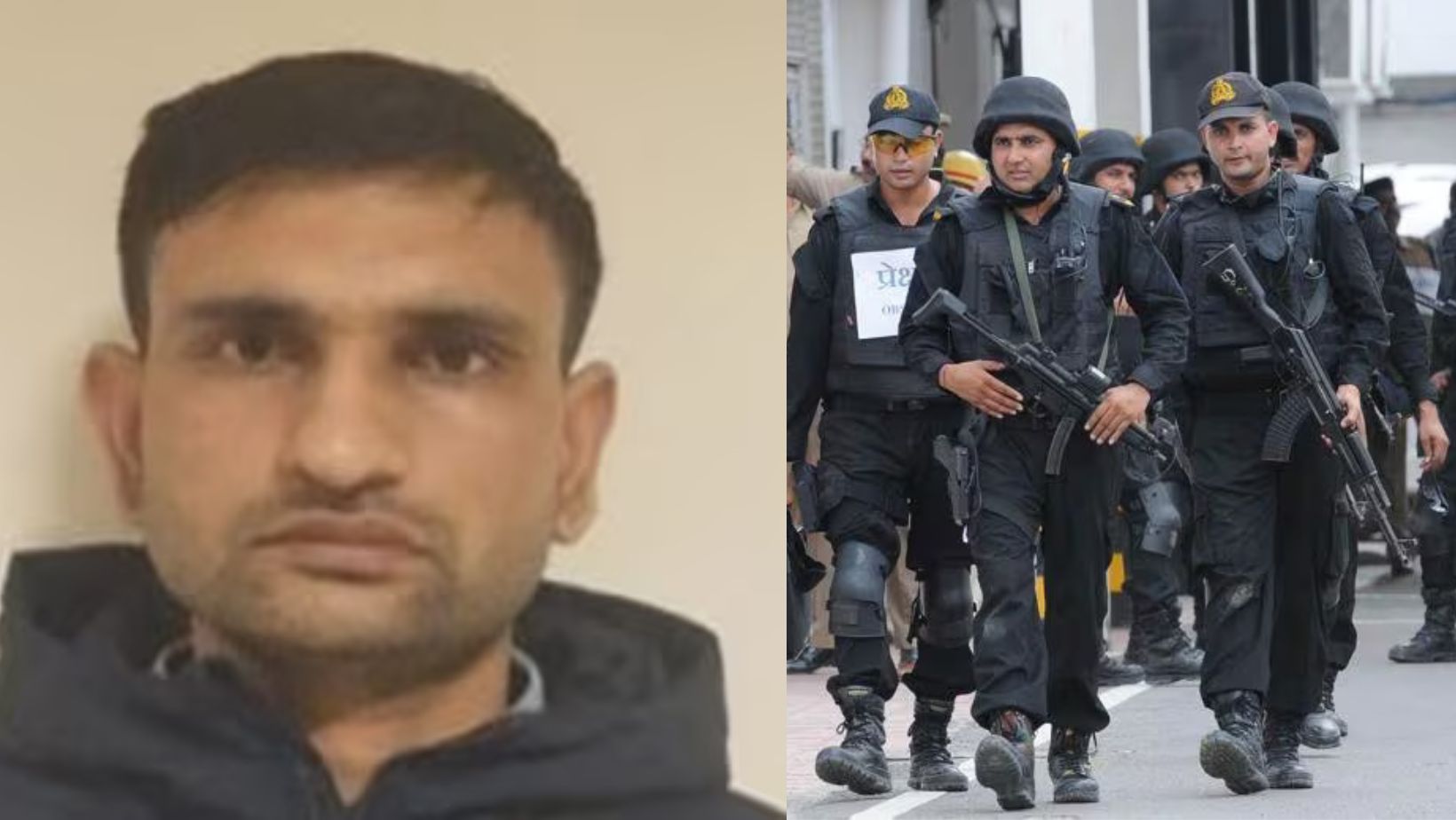In a significant development, the Uttar Pradesh Anti-Terrorism Squad (UP ATS) has apprehended a staffer from the Indian Embassy in Moscow, identified as Satyendra Siwal, on charges of espionage for Pakistan’s Inter-Services Intelligence (ISI). The accused, a native of Hapur, Uttar Pradesh, served as Multi-Tasking Staff (MTS) at the Ministry of External Affairs since 2021.
Siwal’s arrest followed intelligence received by UP ATS about an ISI operative within the Embassy. Upon questioning, Siwal initially provided unsatisfactory answers but later confessed to spying, leading to his arrest in Meerut.
The accused is alleged to have exploited his position to extract confidential documents, particularly sensitive information about the Indian Army’s operations and daily activities. Motivated by financial gain, Siwal reportedly shared critical details regarding the strategic activities of the Ministry of Defence, Ministry of External Affairs, and Indian military establishments with ISI handlers.
This incident follows a pattern of espionage activities, as evidenced by a case last October involving a Pakistani man with Indian citizenship spying on defense personnel via WhatsApp. The ISI’s persistent efforts to infiltrate Indian bureaucratic setups for espionage and support of separatist causes have raised concerns.
It is crucial to note that ISI’s tactics extend beyond borders, as indicated by intelligence reports revealing the organization’s funding of Khalistani activities in Canada last year. The funds were allegedly utilized to support protests, create propaganda materials, and incite anti-India sentiments among the youth.
The Ministry of External Affairs is reportedly cooperating with authorities investigating Siwal’s case. This incident underscores the ongoing challenges posed by foreign intelligence agencies attempting to compromise the security of Indian establishments.
This incident follows a similar case in October last year when Labhshankar Maheshwari, a Pakistani man granted Indian citizenship in 2005, was caught for spying on Indian defense personnel via WhatsApp. Maheshwari employed spyware under the guise of a fake ‘Har Ghar Tiranga’ campaign, aiming to encourage every Indian household to display the national flag.
The ISI has a history of attempting to infiltrate Indian bureaucratic setups with its spies. Beyond espionage, the agency has been implicated in supporting Khalistani activities in Canada, providing funds for protests and instigating youth against India.
These incidents underscore the continuous challenges posed by foreign intelligence agencies in compromising India’s national security. Authorities remain vigilant in addressing and thwarting such threats to safeguard the country’s interests.
